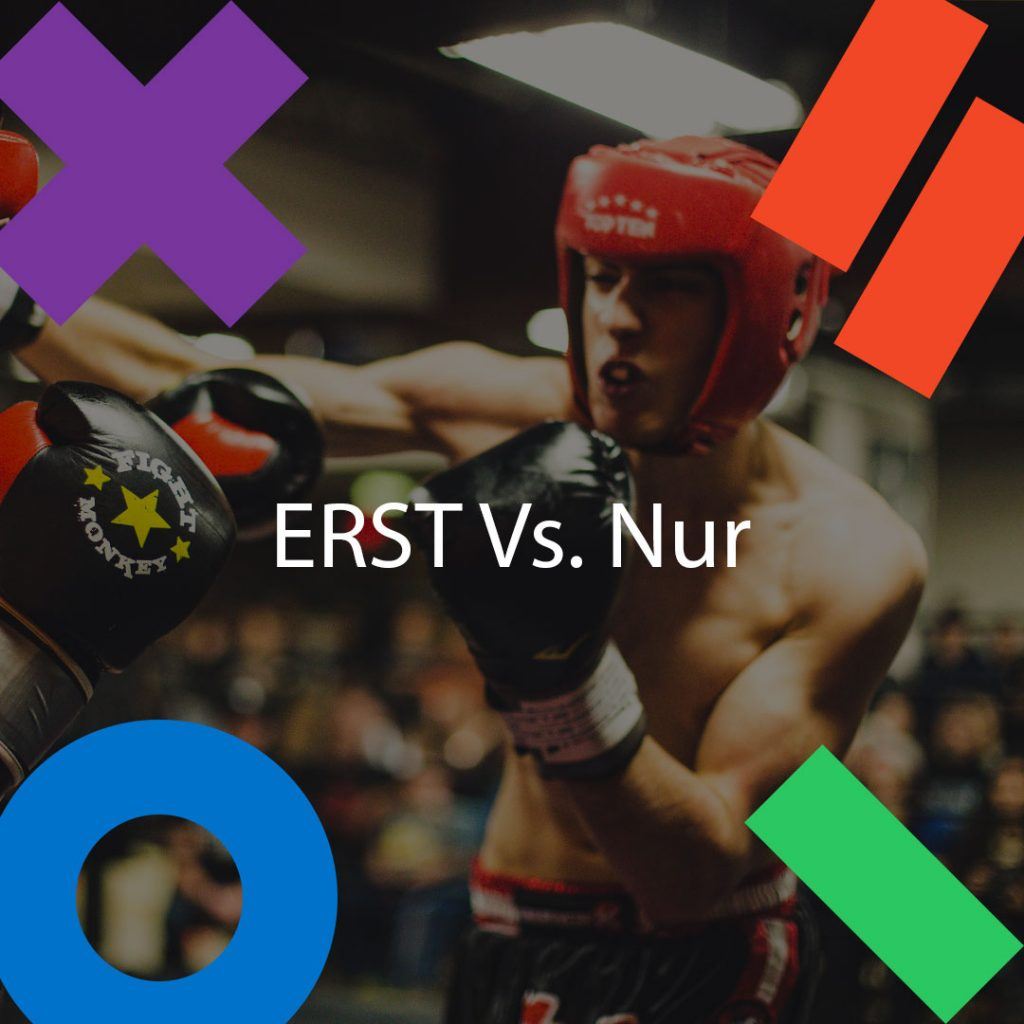Today, let’s talk about two words in German that are easily confused. These are the words “erst” and “nur”, they mean “only”.
If we talk about time, we use “erst” more often: “Ich bin erst heute gekommen” – “I only came today” (I wasn’t there and now I’m staying). If we say, “Ich lerne nur heute”, I’m studying today and only today (I’m not studying tomorrow).
Another illustrative example: “Ich habe erst drei Brötchen gegessen” – “I’ve only had three buns and I don’t plan to stop there, but I’m going to eat more. “Ich habe nur drei Brötchen gegessen” – “I’ve only had three buns and decided I’ve had enough, I won’t eat anymore.
We’re talking about time here too: I’ve had buns in the past, “erst” means I’ll eat them in the future, “nur” means that the action is over and I won’t eat anymore.
“Nur” puts up two frames (beginning in the past and end in the present) and “erst” only one (beginning in the past).
In other cases, which are not time related, we use “nur”: “Ich möchte nur Tee” – “I only want tea” (nothing but tea);
“Das kann nur sie machen” – “only she can do it” (and no one else can).
The difference is easy to catch if you understand the principle and answer the question: “Have I done something and will I stop there (nur) or continue doing it (erst)?

